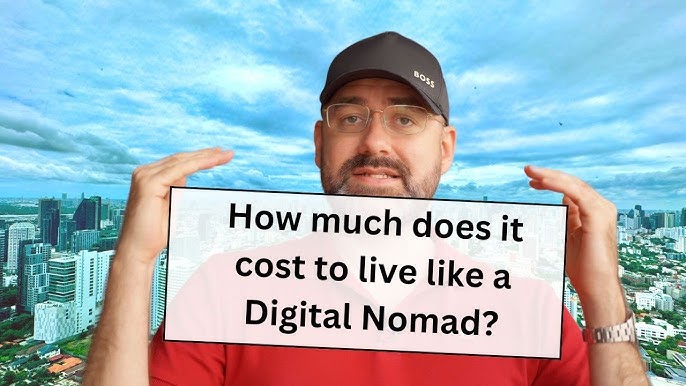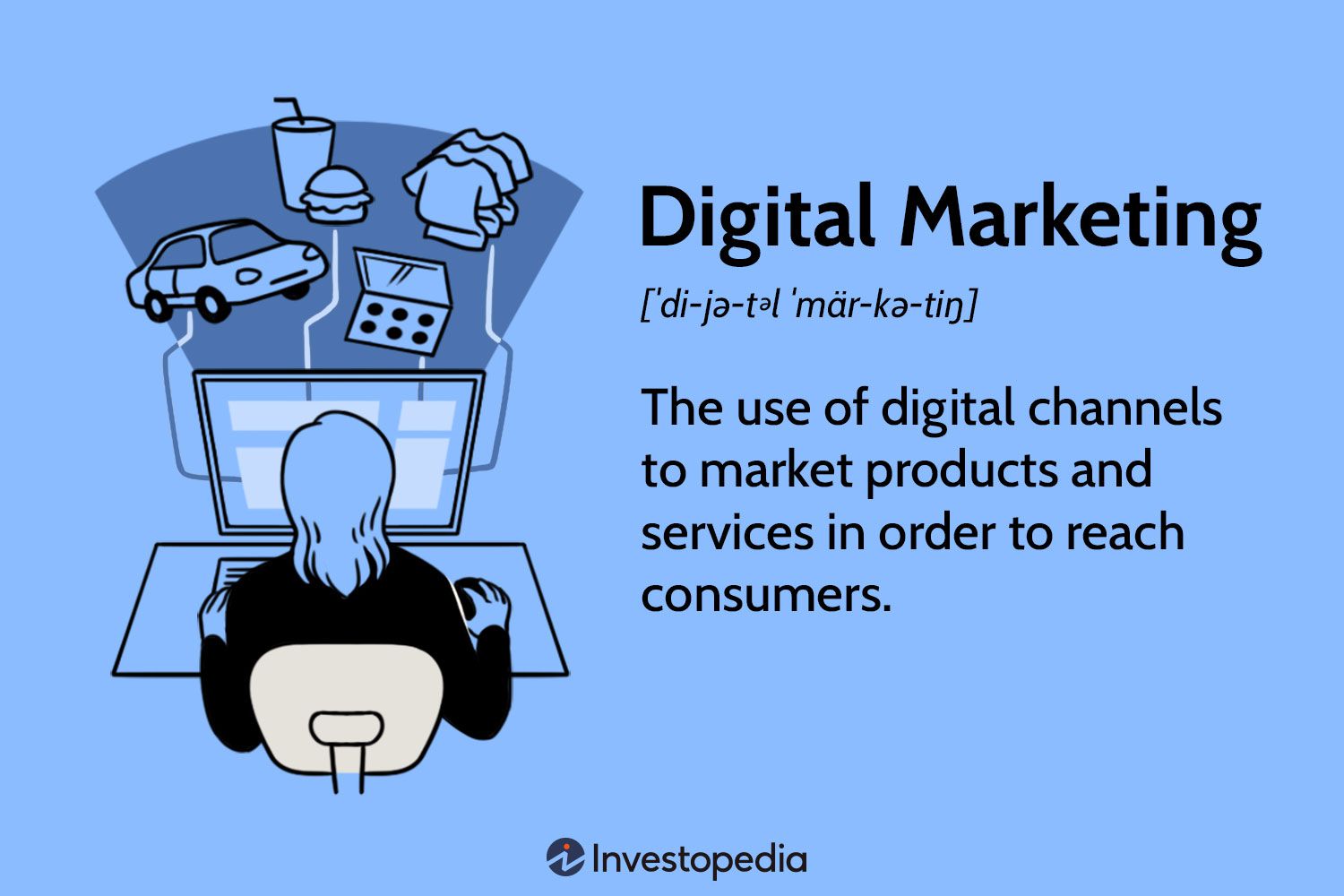A digital nomad visa can open doors to work globally. Costs vary by country and factors like application fees and length of stay.
Dreaming of working from a beach in Bali or a café in Lisbon? The digital nomad lifestyle is becoming more accessible with special visas. These visas let you live and work in different countries legally. But, how much will it cost to get one?
The price can depend on many things. Each country has its own rules and fees. Some may have extra costs, like health insurance or proof of income. It’s important to research and plan your budget. Knowing these costs can help you make smart decisions. So, let’s explore the financial side of becoming a digital nomad.

Credit: citizenremote.com
Introduction To Digital Nomad Visa
Are you dreaming of working from a beach in Bali or a cafe in Prague? A Digital Nomad Visa can make this dream a reality. This visa allows remote workers to live and work in a foreign country legally.
Definition
A Digital Nomad Visa is a special type of visa for remote workers. It permits individuals to live in a foreign country while working for their employer remotely. Unlike traditional visas, this visa doesn’t require you to work for a local company.
Purpose
The primary purpose of a Digital Nomad Visa is to attract remote workers. Many countries offer this visa to boost their economy and tourism. It provides a legal way to live and work in a beautiful location without changing jobs.

Credit: www.nimextranjeria.com
Popular Countries Offering Digital Nomad Visas
With the rise of remote work, digital nomad visas are becoming increasingly popular. These visas allow you to live and work in another country while enjoying a new culture. Let’s dive into some of the popular countries that offer digital nomad visas.
Europe
Europe is a fantastic destination for digital nomads. Countries like Estonia, Croatia, and Portugal have introduced attractive digital nomad visas.
Estonia offers the e-Residency program, which allows you to start and manage an EU-based company online. The visa costs around €100 and is valid for up to a year.
Croatia’s digital nomad visa is free for the first year. It’s perfect if you want to enjoy the stunning Adriatic coast while working remotely. You’ll need to prove an income of about €2,300 per month.
In Portugal, the D7 visa is a popular choice. It’s available for remote workers and freelancers. The application fee is approximately €83, and you’ll need to show a monthly income of around €635.
Asia
Asia is also joining the trend, with countries like Thailand and Indonesia offering digital nomad visas. These destinations are known for their vibrant cultures and affordable living costs.
Thailand’s Smart Visa is a great option. It allows you to stay for up to four years, and the application fee is roughly 10,000 THB (about $300). You need to demonstrate a monthly income of 100,000 THB ($3,000).
Indonesia has introduced the B211A visa, which is ideal for remote workers. It costs around $50 and is valid for six months. Bali, with its beautiful beaches and coworking spaces, is a popular spot for digital nomads.
Americas
In the Americas, countries like Barbados and Costa Rica are leading the way with digital nomad visas. These sunny destinations offer a unique blend of work and leisure.
Barbados offers the 12-month Barbados Welcome Stamp. The application fee is $2,000 for an individual and $3,000 for a family. It’s a great choice if you love tropical climates and beachside living.
Costa Rica’s Rentista visa is another excellent option. It costs around $250 and is valid for two years. You’ll need to prove a monthly income of at least $2,500 or a bank account with a balance of $60,000.
Which country catches your interest? Would you prefer the historical charm of Europe, the exotic allure of Asia, or the tropical paradise of the Americas? Each offers unique experiences for digital nomads. Choose the one that best fits your lifestyle and work needs.
Application Process
Applying for a digital nomad visa can be a game-changer for your lifestyle. The process might seem daunting, but breaking it down helps simplify it. Let’s dive into the key steps and requirements for your application.
Eligibility Criteria
Before you start, make sure you meet the basic eligibility criteria. Each country has its own set of rules.
For example, some countries require proof of income, while others focus on your employment status. You might need to show that you work remotely and earn a minimum monthly income.
Additionally, you could need health insurance that covers you internationally. Some places also ask for a clean criminal record.
Required Documents
Once you’re sure you meet the eligibility criteria, gather your required documents. This is a crucial step in the application process.
Typically, you’ll need a valid passport, proof of income, and health insurance. An employment contract or letter from your employer might also be necessary.
In some cases, you might have to provide a clean criminal record certificate. Check the specific requirements for the country you’re interested in.
Make sure your documents are up-to-date and accurately reflect your current situation. This can prevent delays and improve your chances of approval.
Have you ever found yourself scrambling to get all your papers in order at the last minute? It’s stressful, right? Starting early can save you a lot of headaches.
Now, imagine yourself working from a beautiful beach in Thailand or a cozy café in Portugal. That dream can become a reality if you follow these steps carefully.
Ready to take the plunge and apply for your digital nomad visa? What destination is calling your name?
Visa Fees
Applying for a digital nomad visa can be a game-changer, allowing you to work remotely from some of the most beautiful places in the world. However, understanding the visa fees involved is crucial to budget effectively and avoid unexpected costs. Let’s dive into the details of these fees.
Country-specific Costs
Visa fees vary significantly depending on the country you choose. Some countries have relatively low fees, while others can be quite expensive.
For instance, Estonia charges around €100 for its digital nomad visa, making it an affordable option for many. On the other hand, Croatia’s visa fee is approximately €250, which might be considered higher but still reasonable given the stunning coastline and vibrant culture.
Portugal, another popular destination, has a visa fee of €83, and Germany’s fee can go up to €100. Do your homework to find the best fit for your budget and lifestyle.
Additional Charges
Visa fees aren’t the only costs you’ll encounter. There can be additional charges that you need to factor in.
You may need to pay for health insurance, which is often a requirement for visa approval. This can range from €50 to €200 per month depending on the coverage you choose.
Document processing fees can also add up. Certified translations, notarizations, and other paperwork might cost you an extra €20 to €100.
Have you considered the travel expenses for visa interviews or appointments? These can include flights, accommodation, and local transportation.
How will these costs affect your decision? Balancing your budget while planning your digital nomad adventure is essential.
What’s your next destination? Make sure to calculate all potential expenses to avoid surprises and make the most of your journey!
Living Costs In Host Countries
Living costs in host countries can vary significantly, impacting your decision to apply for a digital nomad visa. Each country offers a unique lifestyle, from the bustling streets of a city to the tranquil beaches of a coastal town. Understanding these costs helps you plan your budget wisely and make the most of your nomadic experience.
Accommodation
Accommodation expenses can range widely depending on the location and type of housing you choose. In cities like Bangkok or Buenos Aires, you might find affordable apartments or co-living spaces. A personal experience taught me that opting for short-term rentals can be a great way to explore different neighborhoods before committing to a long-term lease.
Consider what you value most in your living space. Is it proximity to coworking spaces or vibrant social scenes? Researching local rental platforms and connecting with other nomads can uncover hidden gems. Remember, cheaper isn’t always better; sometimes investing a bit more for comfort pays off.
Food And Transportation
Food and transportation are essential daily expenses that significantly affect your budget. In cities like Ho Chi Minh City or Lisbon, street food is not only affordable but also delicious. You might find yourself eating out more often than expected due to the low costs and tempting flavors.
Transportation costs can vary based on your lifestyle. Public transit is often economical, but renting a scooter or car might offer more flexibility. Think about how you plan to explore your surroundings. Would you rather zip through city streets or enjoy leisurely rides along scenic routes?
As you consider these factors, ask yourself what kind of lifestyle you want to lead. Are you ready to immerse yourself in local culture and cuisine, or do you prefer sticking to familiar comforts? Making informed decisions about living costs can truly enhance your digital nomad journey.

Credit: oliveiralawyers.com
Health Insurance
When considering the cost of a digital nomad visa, health insurance is a crucial component. It’s not just a box to check; it’s your safety net while you explore new horizons. Whether you’re diving into the bustling streets of Bangkok or hiking through the lush landscapes of Costa Rica, having reliable health insurance is essential.
Importance
Your health insurance isn’t just about covering doctor visits; it’s about peace of mind. Imagine falling ill in a foreign country without the financial backing to get proper care. A friend’s experience in Bali highlights this—an unexpected motorbike accident led to a hefty bill, which would’ve been insurmountable without insurance.
Health insurance ensures you have access to quality medical services, no matter where you are. It’s about safeguarding your adventure and your wallet. So, how much are you willing to spend to keep your journey safe?
Cost
The cost of health insurance for digital nomads varies widely. Factors include age, coverage needs, and the countries you plan to visit. Typically, plans range from $50 to $300 a month. A budget-friendly option might cover emergencies, while comprehensive plans might include routine check-ups and specialist visits.
To get the best deal, compare different providers. Some companies offer packages tailored for digital nomads, considering your unique lifestyle. If you plan to stay in one region for an extended period, localized insurance might be more cost-effective.
Ultimately, weigh your options carefully. Is investing in a more expensive plan worth the peace of mind? Or would a basic plan suffice for your journey? Your answer could shape your entire experience as a digital nomad.
Taxes And Legal Considerations
Applying for a Digital Nomad Visa involves more than just the application fee. Taxes and legal considerations are crucial aspects to think about. These factors can impact your overall costs and experience. Understanding tax obligations and legal requirements helps avoid unexpected issues.
Tax Obligations
Tax obligations differ from country to country. Some countries have favorable tax regimes for digital nomads. For example, Estonia offers tax benefits to its digital nomad visa holders. You may need to pay local taxes depending on your income and stay duration.
Research the tax policies of your host country. This helps you plan better. Some countries require you to pay taxes even if your income is generated elsewhere. Consulting a tax professional can provide clarity on your tax duties. Always stay informed about both home and host country tax laws.
Legal Requirements
Legal requirements vary widely. Some countries have strict rules while others are more flexible. Ensure you meet visa criteria like proof of income and health insurance. Some countries may require a clean criminal record. Always check the specific legal requirements for your desired destination.
Legal documents must be prepared accurately. Any mistake can delay your visa application. Consult with legal experts if needed. They can help ensure all documents are in order. Staying compliant with legal requirements avoids potential complications.
Benefits Of Having A Digital Nomad Visa
Having a digital nomad visa offers a range of benefits. This special visa allows you to live and work in a foreign country. It combines work flexibility with cultural experiences. It is perfect for those seeking a balanced lifestyle.
Work Flexibility
The digital nomad visa provides work flexibility. You can work from anywhere within the host country. No need to be tied to a specific office location. This allows for a better work-life balance. You can choose your work environment. Whether it’s a cozy café or a serene beach, the choice is yours.
With this visa, you can manage your schedule. You can work during your most productive hours. This flexibility can improve your overall productivity. It also reduces stress and enhances job satisfaction.
Cultural Experiences
Living in a new country offers rich cultural experiences. You can immerse yourself in local traditions and customs. Enjoy local cuisine and festivals. Learn the language and make new friends. These experiences can broaden your horizons.
The digital nomad visa gives you the chance to explore. You can visit historical sites and natural wonders. Participate in community events and activities. This can provide a deeper understanding of the world. It enriches your personal and professional life.
Challenges And Considerations
Obtaining a digital nomad visa opens doors to a world of adventure. Yet, it brings its own set of challenges. Adapting to a new lifestyle requires careful consideration. From adjusting to time zone differences to ensuring stable internet connectivity, every aspect matters. Understanding these challenges helps make informed decisions. Here’s what you need to know.
Time Zone Differences
Living in a different time zone can affect work schedules. Meetings may occur at odd hours. This disrupts your daily routine. Staying productive requires adjustment. Use digital tools to manage these differences. They help schedule tasks and meetings effectively. Communication with teams remains seamless. Ensure you have a strategy to handle this challenge.
Internet Connectivity
Reliable internet is crucial for digital nomads. Some places may lack stable connections. This affects work quality and productivity. Research potential destinations in advance. Check for reliable internet service providers. Consider coworking spaces with fast Wi-Fi. Having backup options is wise. Mobile hotspots can also be useful. Staying connected is essential for remote work.
Frequently Asked Questions
Is A Digital Nomad Visa Worth It?
A digital nomad visa can be worth it for remote workers seeking adventure. It offers legal residency and work opportunities in different countries. Consider benefits like cultural experiences, lifestyle flexibility, and potential tax advantages. Evaluate visa requirements and costs to ensure it aligns with your personal and professional goals.
How Much Does It Cost To Be A Digital Nomad?
The cost of being a digital nomad varies widely. Monthly expenses range from $1,000 to $3,000, depending on lifestyle and location.
Is It Easy To Get A Digital Nomad Visa?
Getting a digital nomad visa can be straightforward. Requirements vary by country. Research and prepare necessary documents carefully.
How Much Income Do You Need For A Nomad Visa?
You generally need a monthly income of $2,000 to $3,000 for a nomad visa. Requirements vary by country.
Conclusion
The cost of a digital nomad visa varies greatly. Different countries have different fees. It’s crucial to research each country’s requirements. Plan your budget carefully. Consider application fees, travel expenses, and living costs. This will help you make an informed decision.
Being prepared ensures a smooth process. Explore your options and choose the best one. A digital nomad visa offers a unique lifestyle. Enjoy the freedom it provides. Happy travels!






